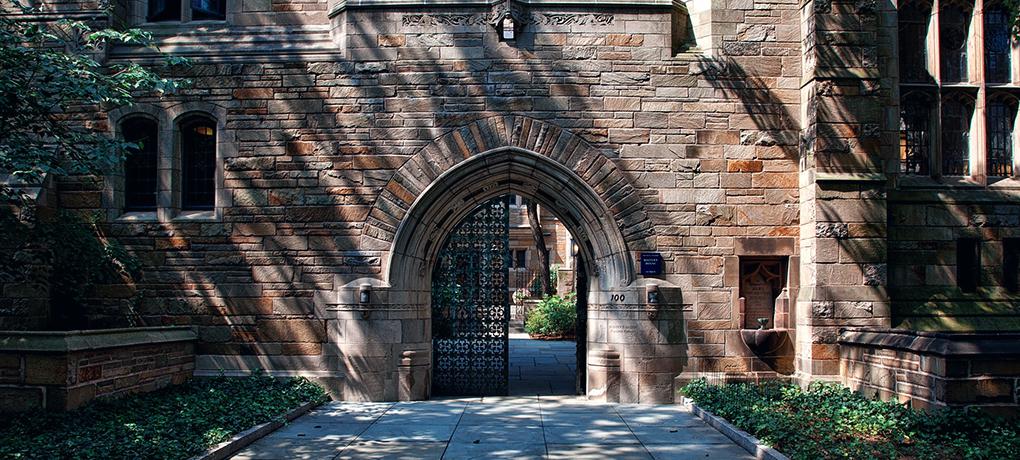While corporate governance is never easy even in the most straightforward of businesses, the recent political and social landscape has added an extra layer of difficulty to higher education governance. The particularity of the issues facing universities today require directors and administrators to be well-equipped to face a wide range challenges ranging from maintaining academic rankings, to securing public trust, to containing admission scandals.
Universities and colleges have to satisfy the desires of a number of stakeholders, from governments, to alumni, to current students, staff, the academic and scientific community, and the public in general. Especially with educational institutions having a shared governance model, balancing these can be a difficult task. However, it is one that board members at these institutions must do.
Here’s a look at how some of the wider trends affecting society may affect governance decisions at higher institutions around the world.
Eroding trust in higher education
Across the developed world, incomes have stagnated among college graduates, and some measures even show declines. The proliferation of higher education degrees and the increasing number of people who are getting them means a degree from a higher education institution is valued a lot less than in the past. Not only do both the right and the left in America feel that higher education institutes are heading in the wrong direction, these negative feelings are exacerbated among the younger generation, the exact group who higher education institutes are looking to attract. A majority of people felt that tuition costs were spiraling and students were not getting the skills they needed to succeed. A Gallup poll found confidence in higher education declined by 9 points from 2015-2018. This was more than any other institution measured in that time period.
College admissions scandal
Confidence in higher institutions could not have been helped in any way by the recent college admissions scandal which rocked the world. Boards of higher education institutions should ensure a robust system of internal checks and balances exist at their institution in order to ensure their university of college does not have a similar sort of incident occur in the future, which could not only draw government sanctions or a loss of public funds, but also a severe loss of public confidence in the institution.
Student discipline and sexual assault
Another area where higher education boards could scrutinize internal processes would be in the area of sexual assault among or committed by or against students at the institution. In the #metoo era, many organizations are rethinking their policies towards these incidents. It is especially important in the cases of higher education institutions who are responsible for housing and living spaces where students reside. In such cases, the public might hold the higher institutions responsible for their security, leaving university boards to assess the liability and necessary measures that will have to be put in place to ensure the safety and protection of their students.
In even messier situations, such as cases of sexual assault between students, places of higher education are often under pressure from the public to take action against the alleged perpetrator in addition to and separate from the action taken by the police. Governing bodies should be adequately prepared for such incidents, but also take extra care to ensure that their policies while satisfying relevant stakeholders do not fall afoul of the law. This is extra tricky for American colleges that have to contend with determining guilt through Title IX. Failing to do so might not only result in outrage, but in lawsuits too if an institution is too quick to act without determining guilt. In these difficult cases, inaction is often not the best course of action for education institutions either, and relevant board members would do well to develop robust action plans for such unfortunate scenarios.
As the state of higher education today is inextricably linked to shifts in politics, economy, and society, university administrators should be prepared to accommodate such changes in their governance style. The challenges mentioned above are only some of the numerous ones that higher education administrators have had to face in the last year. As the world watches, the pressure is on for educational institutions to stay abreast of such issues and respond in a timely and appropriate manner, reflective of the values they hope to stand for.
Farah is a corporate governance analyst and business development manager of Convene’s MENA team. Owing to her experiences working in a boardroom, she is an expert in leadership roles and corporate governance best practices. Farah has been recognized by Convene for her extra commitment in imparting knowledge about effective management.










